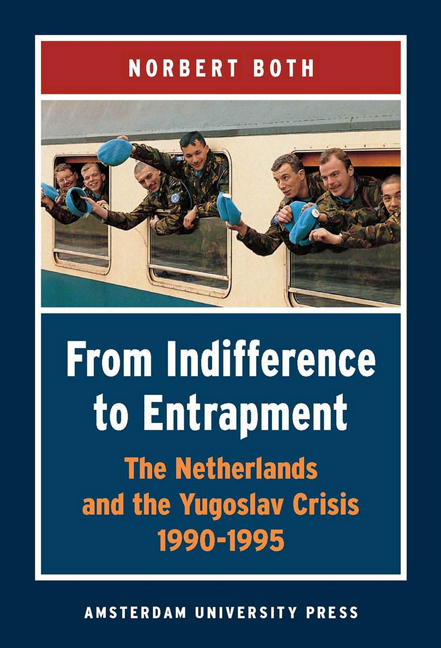
- Publisher:
- Amsterdam University Press
- Online publication date:
- January 2021
- Print publication year:
- 2012
- Online ISBN:
- 9789048505012


 Loading metrics...
Loading metrics...
* Views captured on Cambridge Core between #date#. This data will be updated every 24 hours.
Usage data cannot currently be displayed.